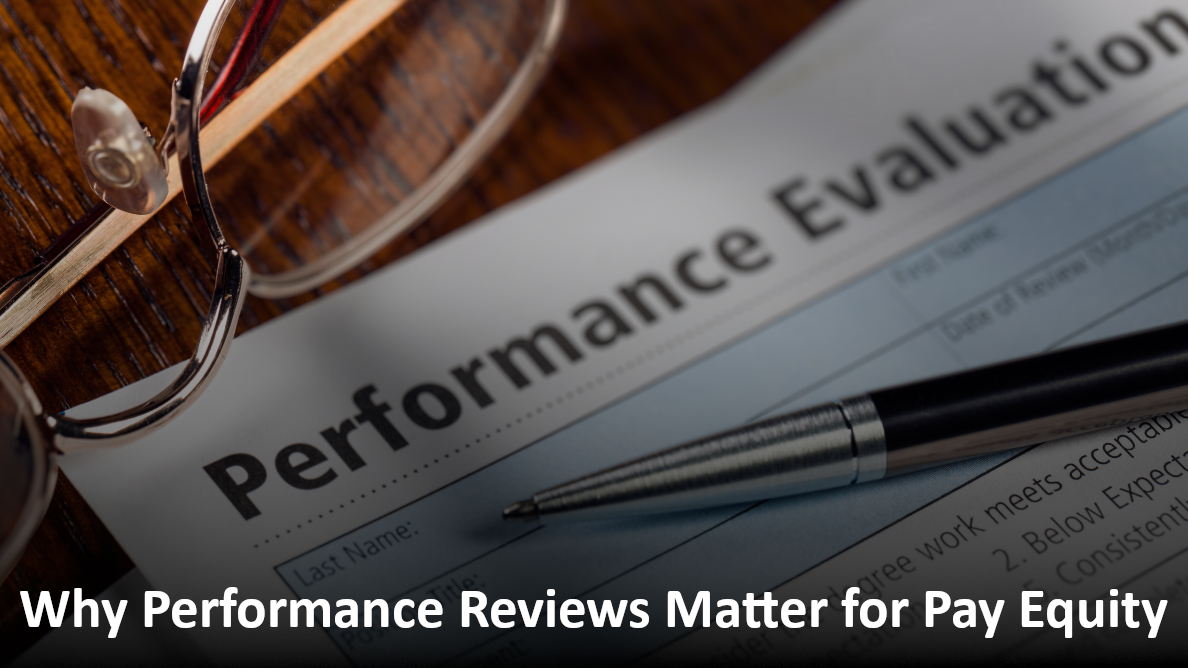RECENT POSTS
-
Pay Equity Disclosure is Just the Beginning
 06/06/2023
06/06/2023
-
Risk-Based Workforce Planning
 06/17/2020
06/17/2020
-
Understanding Today’s Talent Landscape to Drive Diversity and Inclusion
 06/28/2019
06/28/2019
-
Key Take-Aways from the Conference Board's 13th Annual Human Capital Analytics Conference
 11/13/2018
11/13/2018
-
How happy are you with your workforce analytics technology?
 09/25/2018
09/25/2018
-
The four pillars of analytics success for the HR business partner
 08/08/2018
08/08/2018
-
Is there room for more diversity on your workforce analytics team?
 07/10/2018
07/10/2018
-
How Unique Is Your Job Title?
 03/27/2018
03/27/2018
-
Going Where the Data Leads: Four Questions that You Need to Ask
 01/09/2018
01/09/2018
-
Workforce Analytics: Separating Hype from Substance
 12/19/2017
12/19/2017
-
Pacing Workforce Analytics to Win
 11/28/2017
11/28/2017
-
Selling Workforce Analytics: What's it Worth?
 11/01/2017
11/01/2017

Merit Analytics Group has given a lot of thought to the role of performance ratings in pay equity analysis. So, it didn't surprise us when we saw this question asked by multiple participants at WorldatWork's pay equity webinar, which we sponsored, on March 14th.
While the question came in varying forms, it fundamentally focused on whether performance reviews should be taken into account in pay equity analysis. Our experience suggests the answer is almost always “yes”, and here are the top reasons why:
TOP REASONS PERFORMANCE RATINGS MATTER
IN PAY EQUITY ANALYSIS
PROCEED WITH CAUTION
While we believe pay equity analysis should account for performance reviews, we do recommend that the performance process itself be assessed as well. Where there are differences in outcomes found, managers should be asked to review the ratings to ensure the process itself rewards the desired behaviors and is unbiased.
An important point to keep in mind is that, even when performance ratings are biased, the performance process can serve to limit the overall extent of bias. For example, within organizations, we have seen that those groups with greater objectivity attached to performance ratings have reduced bias (Levine and Chen, “Abandon Performance Ratings with Caution”, Workspan, June 2016). Objectivity can be promoted where the organization has hard performance measures or where the organization provides clear guideposts for what it means to be a “high,” “average” or “low” performer. Having such discipline attached to ratings, limits the potential for bias in other workplace outcomes (e.g., pay and promotion). Further, bias in performance ratings can be limited through provision of unconscious bias training to managers in close proximity to the allocation of ratings (Levine and Chen). Note though that the differences reemerge when training “goes stale”, making it clear that a root cause of inequity is innate bias and, therefore, that solutions need to include more than guidance and rules, but also back-end review of managerial decisions.
For more insights from Merit on pay equity, join us for our presentation at the upcoming WorldatWork Total Rewards conference in June 2023.
